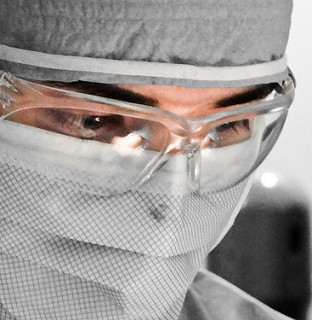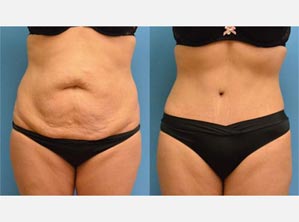
Breast Augmentation Surgery By Vishal Kapoor, MD
The long-term results of breast implant surgeries may soon be improved, thanks to a new invention by the University of Washington.
This invention, which is a synthetic biomaterial, is known as hydrogel. It is placed around the outside of any material placed inside the body, from breast implants to pacemakers. Its implementation may soon help make these procedures safer and more effective.
Hydrogel Could Revolutionize Medical Implants
According to Buddy Ratner, a University of Washington professor and co-inventor who was interviewed by Science World Report, “It has applications for so many different medical implants, because we literally put hundreds of devices into the body. We couldn’t achieve this level of excellence in healing before we had this synthetic hydrogel.”
After nearly 20 years of searching for a material with these properties, Ratner and his colleagues believe they have finally found it. Shaoyi Jiang, Ratner’s co-author, says that, “Scientists have tried many materials, and with no exception, this is the first non-porous, synthetic substance demonstrating that no collagen capsule forms…”
Implantable materials may be used in a wide range of cosmetic procedures, including rhinoplasty, chin augmentation, and buttocks implants. However, their most likely cosmetic applications will be in the field of breast surgery, particularly for breast augmentations, implant revisions and breast reconstruction.
This new synthetic material will serve as a protective coating on these medical implants, helping them to match the body’s natural internal environment, for the best possible long-term results. As a result of this material, the body treats the implant like it is a naturally existing tissue, for improved recovery experiences and timelines.
As this material is just entering its first phases of clinical testing, it should soon be available for use by cosmetic surgery patients worldwide.
Photo by Best in Plastics on Flickr.


